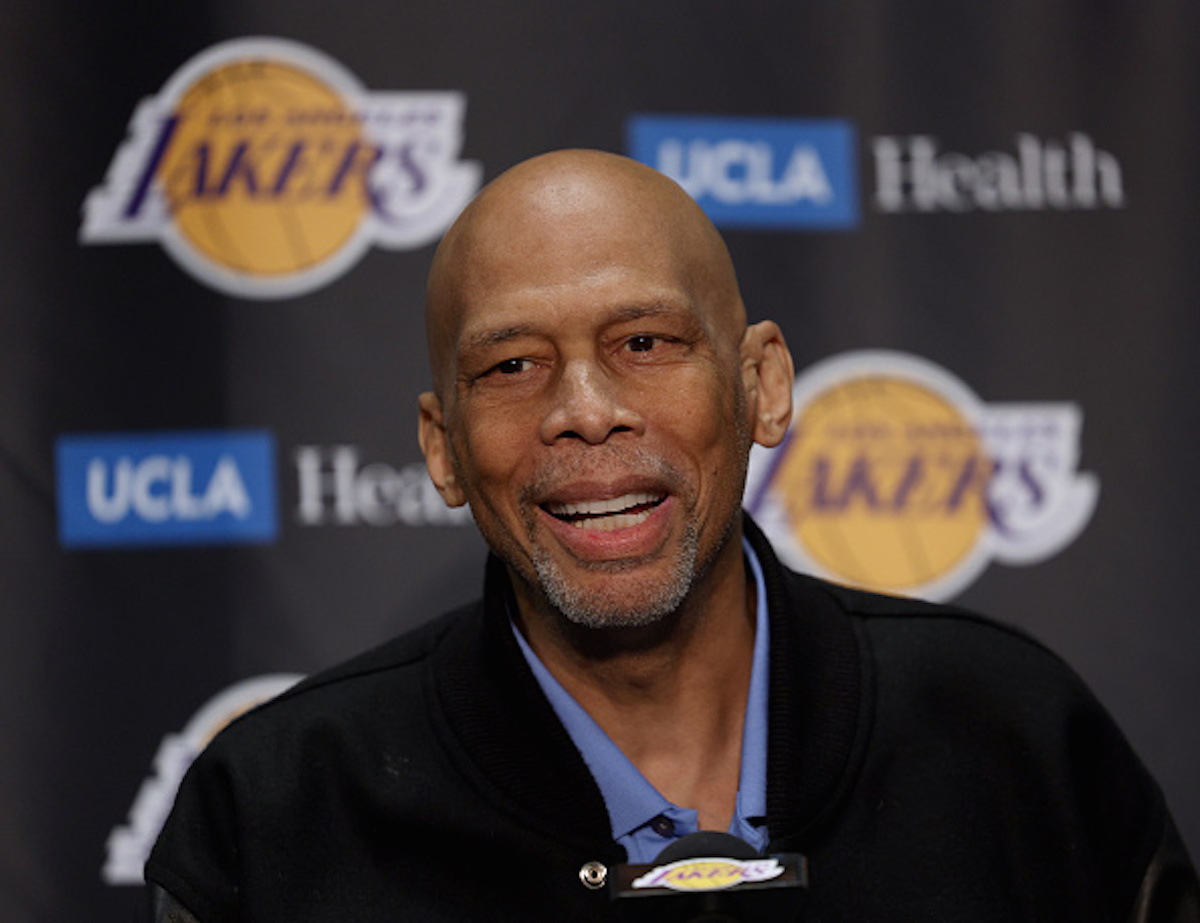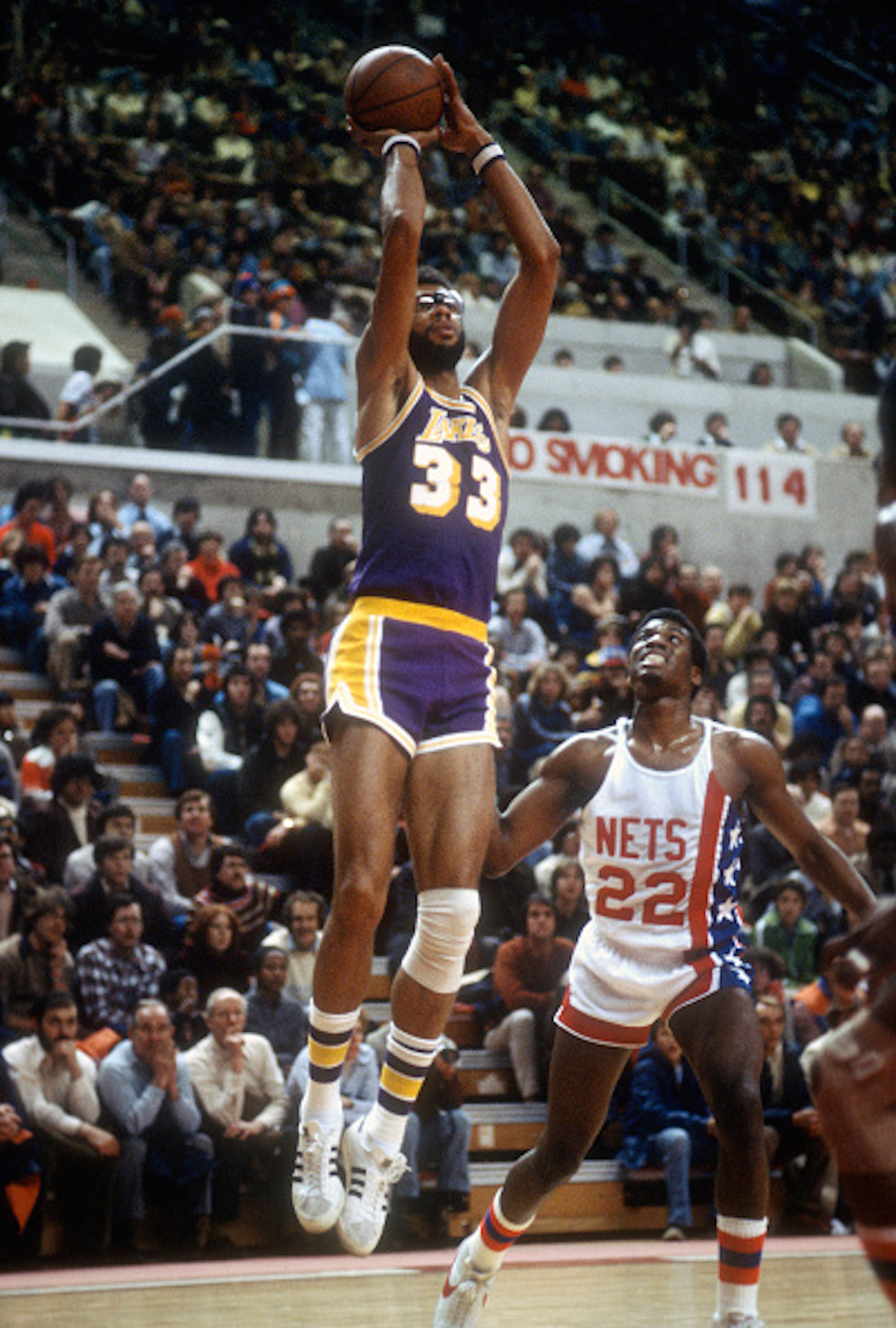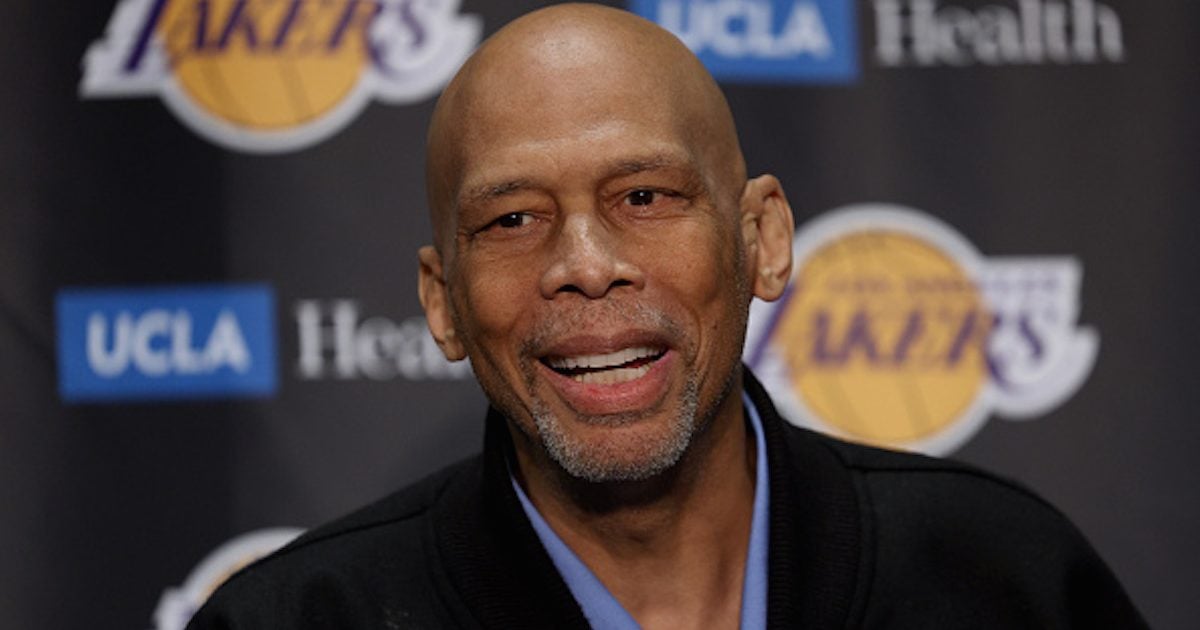Coping With a Stressful Diagnosis
- Six-time NBA champion Kareem Abdul-Jabbar has says he was shocked by his atrial fibrillation (A-fib) diagnosis and struggled to cope with it.
- A range of emotions after a diagnosis is normal, and seeking mental health could help you process this stressful event.
- A-fib is “an irregular and often very rapid heart rhythm (arrhythmia) that can lead to blood clots in the heart. A-fib increases the risk of stroke, heart failure and other heart-related complications,” according to the Mayo Clinic.
- Symptoms of A-fib may consist of: sensations of a fast, fluttering or pounding heartbeat (palpitations), chest pain, dizziness, fatigue, lightheadedness, reduced ability to exercise, shortness of breath, and weakness.
- Abdul-Jabbar's A-fib diagnosis and prior cancer battles bring attention to a broader crisis: Black Americans have the highest cancer death rates and shortest post-diagnosis survival times of any ethnic or racial group.
The 75-year-old former professional basketball player, who played for the Milwaukee Bucks and the Los Angeles Lakers, admitted he initially neglected to believe that he had a heart condition despite his efforts to stay healthy, via good food and exercise.
Read More
“And if you don't deal with it, you could have some serious problems,” Abdul-Jabbar said.
The six-time NBA champion and a six-time MVP, who initially dismissed his symptoms, added, “A-fib awareness really requires that people pay attention to what's happening with their body.”
"When the doctor first told me that I had A-fib, that I had to start doing certain things differently, I didn't want to believe him,” Abdul-Jabbar added. “I just felt that it was something that was going to go away, and that my lifetime of athletic effort would help me past this point… But, I'm just like anybody else, and I need to treat it the right way.”

Coping With a Diagnosis
Coping with a stressful event, such as a health diagnosis, can be challenging. The event can being a number of different emotions from fear to anger to determination. It’s important to know that these emotions may be different for each person, and it’s all completely normal.
Psychiatrist Dr. Lori Plutchik told SurvivorNet that the patient or person going through the stressful event should accept that emotions will be fluid. You may feel fine one day and then feel a massive wave of stress the next. It's also important for those you look to for support whether that's a therapist, friends and family, or both to understand the fluidity of stress-related emotions.
If a stressful event is affecting how you think and feel, it may be time to seek some sort of mental health treatment. This could mean traditional talk therapy, medication, changing lifestyle habits (like exercise and diet), seeking out a support group, or many other approaches.
Today, Abdul-Jabbar continues to focus on taking his medication, drinking essential fluids, and remaining aware of his condition.
“If I can do that, I can maintain my healthy lifestyle,” he said.
In regard to the symptoms he felt leading up to his diagnosis, he described his first physical symptoms as being shortness of breath and irregular heartbeats while on a trip with his son abroad.
“I thought 'I've been a great athlete my whole life by taking care of myself,'it must not be anything,” he recounted, however, the symptoms returned sporadically and ultimately at a baseball game.
After feeling like “the sun just sucked all the life out” of his body,” along with experiencing shortness of breath and lightheadedness, Abdul-Jabbar “almost passed out” before collapsing as he left the gameprompting him to seek immediate medical help at a nearby hospital where he learned of his diagnosis.
.@kaj33 is joining the No Time to Wait campaign to share his experience with #AFib, the most common type of irregular heartbeat, and encourage those with symptoms including, shortness of breath, chest pain, heart racing & other common symptoms to call a doctor.
— Pfizer Inc. (@pfizer) February 16, 2023
Abdul-Jabbar’s Cancer Battles
Abdul-Jabbar first spoke about his prostate cancer battle back in September 2020 and raised awareness of how different races receive treatment for diseases across the United States.
Speaking in his first TV interview about his cancer diagnosis, the NBA star told Good Morning America, "We're at a crossroads here. And people are either going to start taking healthcare seriously and promote it and support it, or people will be struggling. We want to end the struggling."
Prior to that, Abdul-Jabbar battled chronic myeloid leukemia, a type of cancer of the white blood cells. In 2011, he took to Twitter to share he had beat the disease a statement he later took back. "You're never really cancer-free and I should have known that. My cancer right now is at an absolute minimum,” he wrote.
Staying Active After a Cancer Diagnosis
Learning About Atrial fibrillation
According to the Mayo Clinic, “atrial fibrillation (A-fib) is an irregular and often very rapid heart rhythm (arrhythmia) that can lead to blood clots in the heart. A-fib increases the risk of stroke, heart failure and other heart-related complications.”
When someone has atrial fibrillation, the upper chambers of their heart (called the atria) pulse “chaotically and irregularly out of sync with the lower chambers (the ventricles) of the heart.”
A-fib may lead to heart palpitations, shortness of breath, or weakness. However, the majority of people will be symptomless.
Having A-fib isn’t life-threatening, however, people with a serious medical condition will need treatment to prevent getting a stroke.
Medications, therapy to help the heart rhythm normalize, and catheter procedures are just some of the ways to treat people with this type of heart condition.
Atrial Fibrillation Symptoms
Signs and symptoms of atrial fibrillation may consist of:
- Sensations of a fast, fluttering or pounding heartbeat (palpitations)
- Chest pain
- Dizziness
- Fatigue
- Lightheadedness
- Reduced ability to exercise
- Shortness of breath
- Weakness
The heart condition could be occasional (a few minutes, hours, or a week), persistent, long-standing persistent (lasting more than 12 months), or permanent (the irregular heart rhythm cannot normalize).
Closing the Racial Gap
Abdul-Jabbar's A-fib diagnosis and past cancer battles bring attention to a broader crisis: Black Americans have the highest cancer death rates and shortest post-diagnosis survival times of any ethnic or racial group.
Staggeringly Higher Prostate Cancer Rates for Black & Latino Men
The former NBA player recently took to Instagram recently to share he has joined the “No Time to Wait” campaign.
He captioned an Instagram post, featuring a “No Time to Wait” promo video, “Despite Black Americans having a disproportionately higher risk for health conditions that put us at greater risk for atrial fibrillation (A-fib), we are diagnosed at lower rates than White Americans. I'm sharing my personal #AFib story because, unfortunately, it's not just my story.”
“I am proud to join the No Time to Wait campaign to raise awareness of A-fib, the most common type of irregular heartbeat, and encourage those experiencing symptoms to call a doctor,” he concluded. “Only a healthcare professional can determine whether common symptoms, including irregular heartbeat, heart racing, chest pain, shortness of breath, fatigue, and light-headedness are indicative of A-fib or another medical condition.”
SurvivorNet's "Close the Gap" initiative, in partnership with NYU's Perlmutter Cancer Center, seeks to study and close the racial gap in prevention, cancer care, and survival rates.
Contributing: SurvivorNet Staff
Learn more about SurvivorNet's rigorous medical review process.

